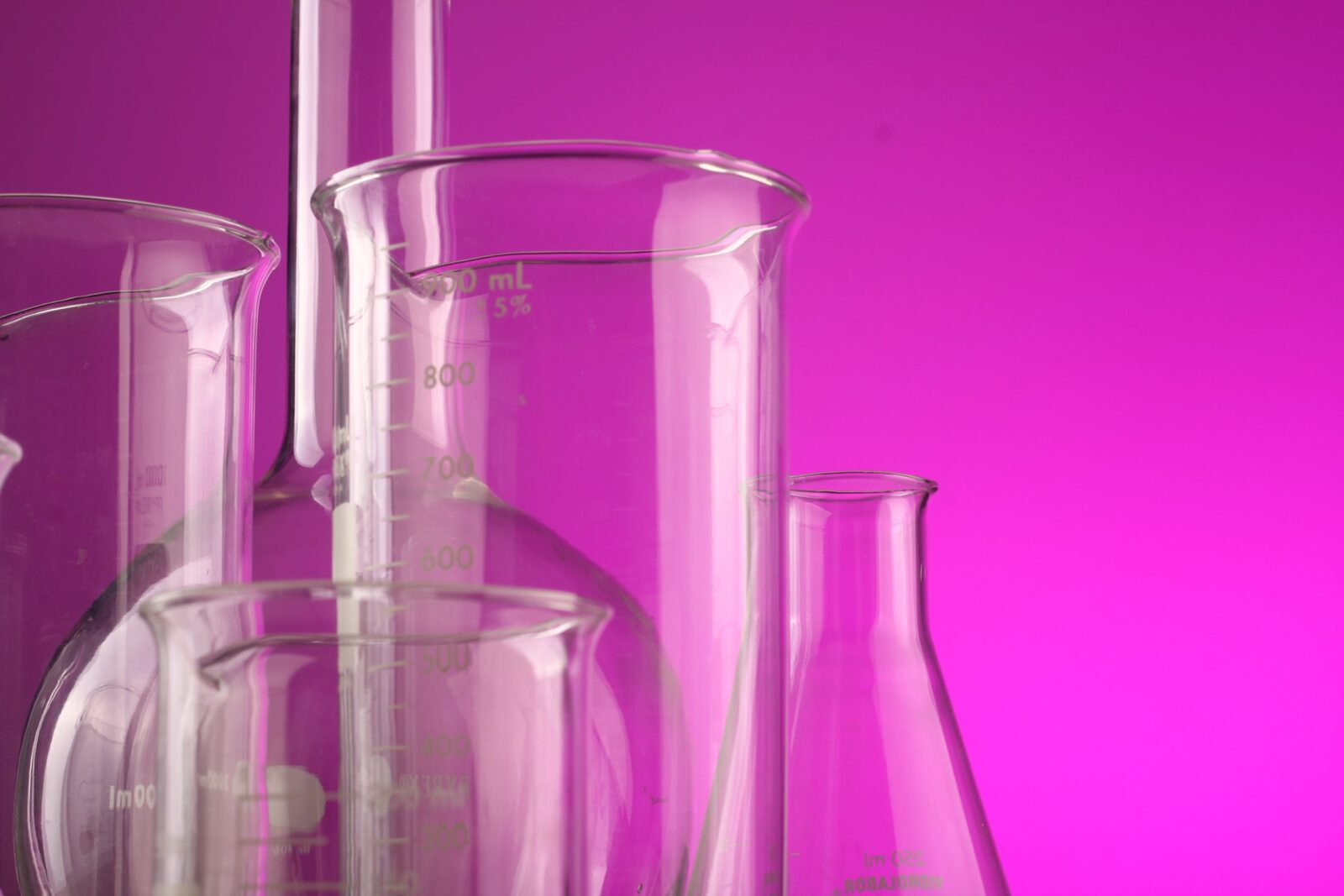The REACH legislation sets out how the European Union registers, evaluates, authorises and restricts chemicals. The sorely needed overhaul of this juggernaut of EU chemicals legislation is an opportunity to strengthen its effectiveness in protecting our health and the environment through better and earlier identification of hazardous chemicals.
The Health and Environment Alliance (HEAL), the Association of European Cancer Leagues (ECL) and La Ligue contre le Cancer urge the French government to publicly clarify its position regarding the health risks posed by world’s top-selling herbicide glyphosate, in the context of the ongoing EU renewal process of the substance. France and the three other rapporteur member states leading on the evaluation process of glyphosate recently released their preliminary conclusions, which find the herbicide meets the approval criteria for human health [1, 2].
In a letter addressed to the French Ministers responsible for agriculture and the ecological transition, respectively Julien Denormandie and Barbara Pompili, the groups raise concerns about the apparent contradictions in the country’s position and ask for clarifications. France’s role as a co-rapporteur suggests that it fully supports the above mentioned conclusions on the toxicity of glyphosate. If confirmed, this represents a major U-turn to the country’s position, since it voted against the substance renewal in 2017 out of concerns for human health [3].
That same year, French President Macron himself publicly stated that he requested his government to take steps to get glyphosate banned within three years from the date of the European approval [4]. Meanwhile, France’s leading public health institute INSERM recently updated its state of the science on exposure to pesticides and health outcomes, highlighting links between glyphosate exposure and the risks of different types of cancer.
Natacha Cingotti, Health and Chemicals Programme Lead at the Health and Environment Alliance (HEAL) comments:
“Back in 2017, France championed health protection by strongly opposing the market renewal of glyphosate. In the meantime, the scientific evidence of the substance’s harm has continued to increase, as acknowledged by the recent update of France’s public health institute INSERM as regards the health risks posed by glyphosate and other pesticides. We are extremely concerned at the apparent u-turn in France’s position regarding the health risks posed by the world’s top-selling herbicide glyphosate and we urgently call on the authorities to clarify where they stand.”
The current approval of glyphosate expires on 15 December 2022. France is co-rapporteur in the European assessment of the renewal dossier together with The Netherlands, Sweden and Hungary, which are jointly referred to as the Assessment Group on Glyphosate (or AGG). Earlier this month, 41 health and environment groups called on EU Health Commissioner Stella Kyriakides to guarantee that the ongoing assessment is based on updated independent scientific evidence and remains free from vested interests [5].


